Attention all parents! Are you looking for a furry companion for your child but worried about their allergies? Fear not, as we introduce you to the top five best pets for kids with allergies. It’s no secret that pet allergies can cause severe discomfort, especially for children with sensitive immune systems. Finding a hypoallergenic pet breed along with proper living space and air purification can reduce the risk of allergic reactions. This article’s purpose is to provide you a comprehensive list of the best pets that suit your child’s needs while avoiding any risk of an allergy attack. Let’s dive in and explore the perfect animal companion options that can coexist in a lovely family environment that both you and your kids will adore.
1. Guinea Pigs
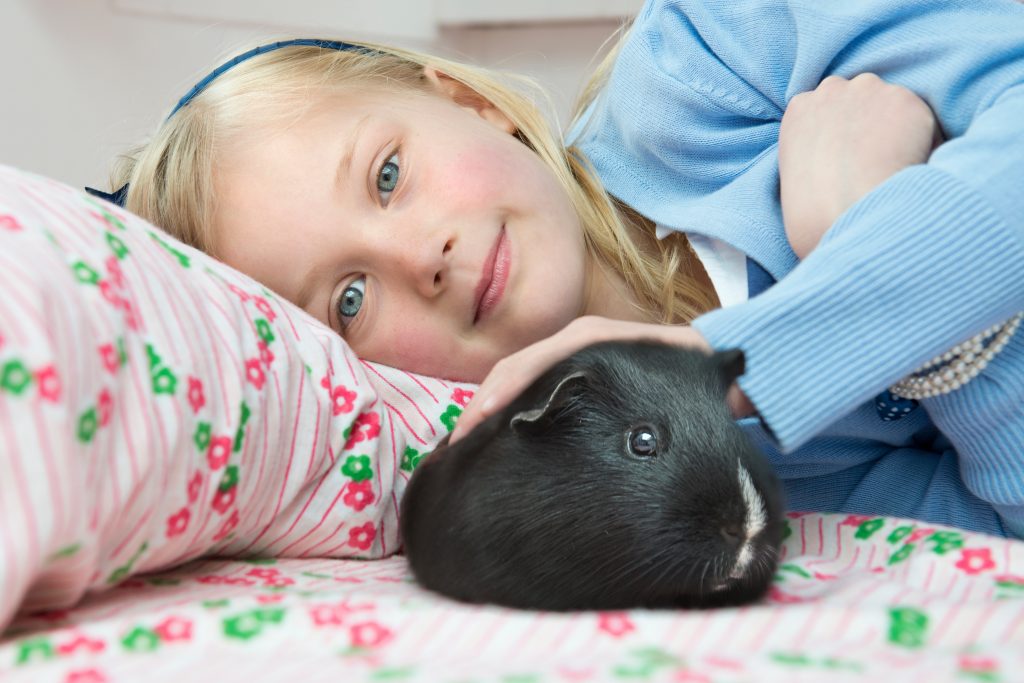
Guinea Pigs are a popular option for families looking for a pet that is ideal for children with allergies. With their hypoallergenic traits and mild reactions, they make great companions for kids who are sensitive to other furry animals.
Guinea Pigs are easy pets to care for and are best kept in a cage, which reduces the risk of allergens spreading throughout the house. A big enough cage with ample room for them to run around and play in is essential for their well-being. It is important to clean the cage regularly to avoid any allergens or dust gathering in the space.
When handling Guinea Pigs or cleaning their cage, some mild reactions might occur in people with allergies. These reactions may include a runny nose or sneezing. However, these reactions are usually minimal and far less severe than those caused by other furry animals.
Guinea Pigs have simple requirements for their care, including high-quality food, fresh water, and a clean cage with activities that stimulate them. They also need daily exercise and social interaction, making them a great option for kids who are looking for an animal companion to play with.
For people with allergies, hairless Guinea Pigs are an even better option. These breeds are completely hairless, which drastically reduces the risk of allergic reactions caused by animal dander and skin cells. They are easy to care for and make great pets for families who are looking for a companion that won’t cause any allergic symptoms.
2. Hypoallergenic Cat Breeds
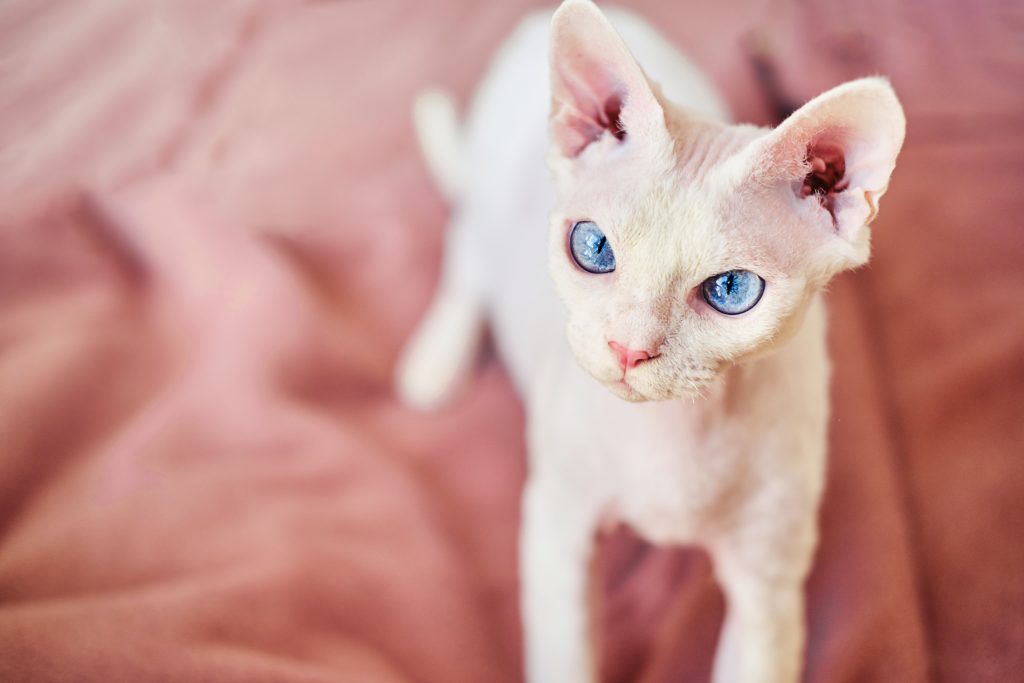
If you have a child with allergies, finding a suitable pet can be a difficult task. However, there are hypoallergenic cat breeds that may make ideal pets for children with allergies.
The first hypoallergenic cat breed on our list is the Cornish Rex. This breed has a unique coat that is curly and soft, making it unlikely to trigger allergic reactions in people with sensitive skin. The Cornish Rex is an intelligent breed that is affectionate and loves to be around people. They require daily exercise and like to have plenty of space to move around in.
Another hypoallergenic breed is the Devon Rex. Known for their short, curly hair, the Devon Rex is an energetic and playful breed that is suitable for children with allergies. They are medium-sized and require a moderate amount of exercise to maintain their health. Devon Rex cats are known for their friendly and affectionate disposition, making them an excellent option for families with young children.
For those who are looking for a hairless option, the Sphynx, Donskoy, and Elf Cat are great alternatives. These hairless breeds are ideal for families with allergy sufferers as they don’t shed pet dander, which makes them easier to live with and less likely to trigger allergic symptoms. They also require minimal grooming, which is a huge plus for busy families. However, it’s worth keeping in mind that hairless cats require extra care due to their sensitive skin, which can be prone to sunburn and other skin issues.
3. Cornish Rex cats
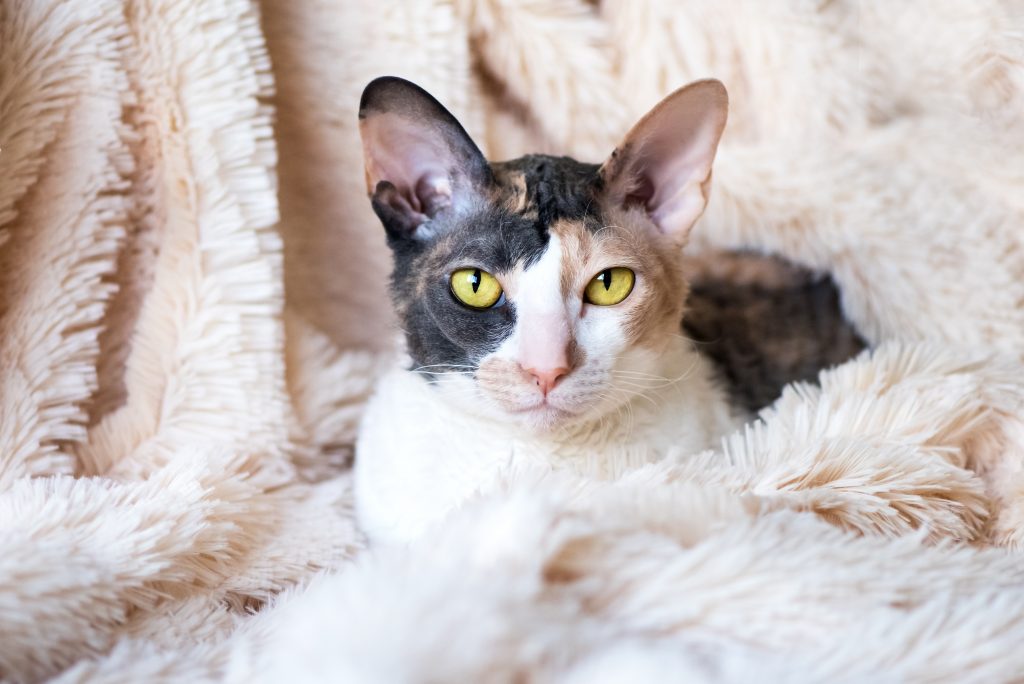
Cornish Rex cats are an excellent choice for kids with allergies who still want a furry companion. Their unique curly coat sheds less than other breeds and produces less dander, which makes them a hypoallergenic option. This means they are less likely to trigger allergic reactions in people with sensitive skin.
In addition to their hypoallergenic qualities, Cornish Rex cats are known for their high intelligence and affectionate personalities. They are curious and playful creatures that love to interact with their owners, making them great companions for kids. They are also fascinated by new experiences and enjoy exploring new places.
However, like all pets, owning a cat does come with some potential drawbacks. Regular veterinary checkups are necessary to maintain their health and prevent any potential health issues. Additionally, even though Cornish Rex cats shed less and produce less dander, there is still a risk of allergic reactions for some individuals.
If you are considering adopting a Cornish Rex cat for your family, it is important to choose a cat with a suitable temperament for children. It is helpful to visit a local animal shelter where you can meet different cats and find one that fits well with your family’s lifestyle and needs. With the right care, a Cornish Rex cat can be a wonderful addition to your family and provide years of companionship and entertainment.
4. Hairless Rats
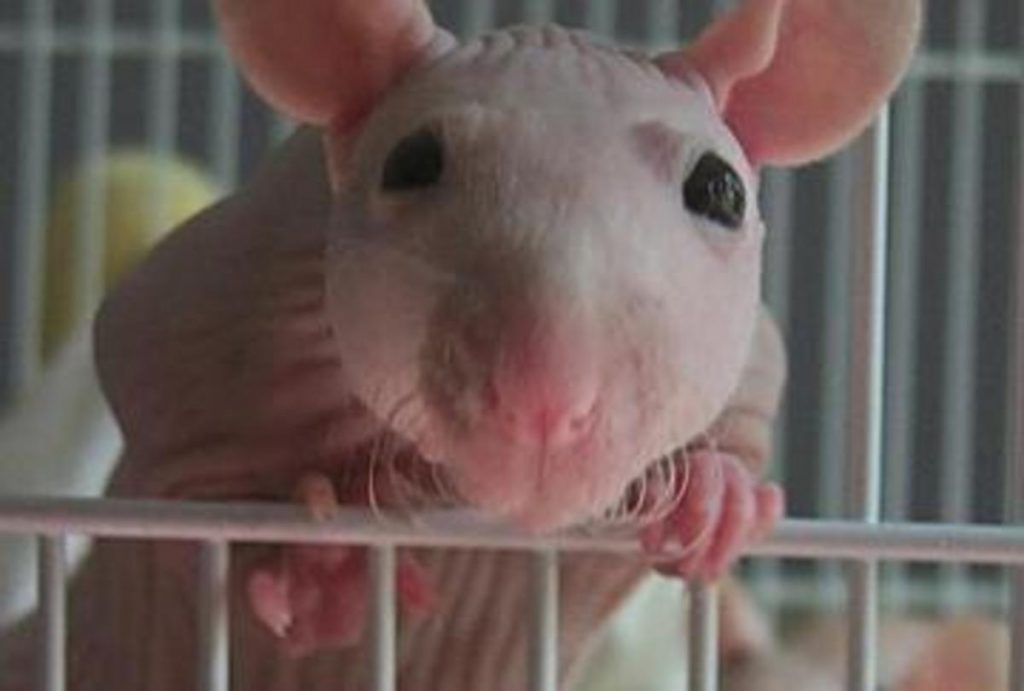
Hairless rats are a great pet option for kids with allergies who would like a furry companion. These small, intelligent rodents are known for their affectionate personalities and make for loyal pets. In this article, we will discuss the pros and cons of owning hairless rats, the potential allergies they can still cause, and necessary care for these pets.
Pros:
One of the biggest advantages of hairless rats is their smaller size. They take up less space than a larger pet such as a dog or cat, and are easier to manage in terms of daily exercise and living space. Additionally, hairless rats are intelligent creatures and can be easily trained. They are also known for their affectionate personalities, which makes them great companions for kids.
Cons:
While hairless rats produce less dander, they still have the potential to cause allergic reactions in some people. This can lead to symptoms such as a runny nose, shortness of breath, or an allergy attack. It is important to consider the potential allergic response before bringing a hairless rat into a home with allergy sufferers.
Allergies Management:
To manage allergies that may arise from hairless rats, it is best to keep the pet’s area clean and free of allergens. This includes vacuuming regularly and using an air purifier to remove any airborne allergens. It is also important to bathe the rat once a week to remove any skin cells or dander that may cause an allergic reaction.
Care:
Hairless rats require proper care to ensure their quality of life. They need a clean and spacious living area with room to move around and play. A good diet is also critical to their health, including a variety of fresh fruits, vegetables, and protein sources. Social interaction is also crucial to a hairless rat’s well-being, as they are social animals that thrive on social interaction and playtime.
5. Hermit Crabs
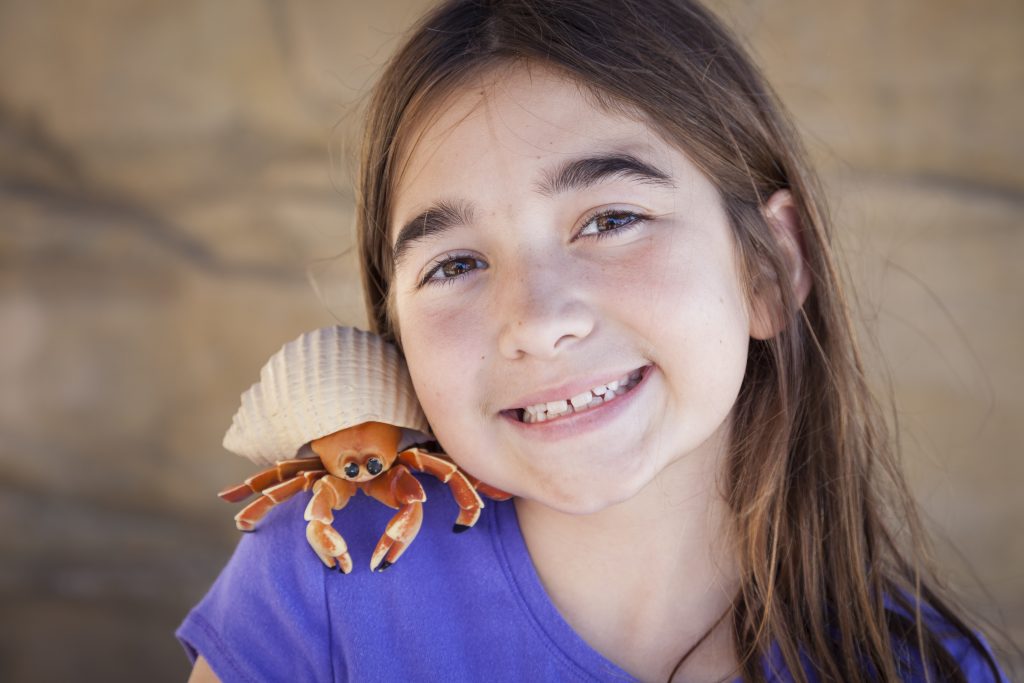
Are you a parent searching for the perfect pet for your child with allergies? Have you considered a hermit crab as a potential candidate? Hermit crabs are an often-overlooked pet that are unlikely to cause allergic reactions, making them an excellent pet option for families managing allergies.
One of the best things about hermit crabs is that they do not produce pet dander and do not shed hair and skin as other animals do. This means they pose no risk of triggering allergic symptoms, such as sneezing, itchy eyes, or a runny nose. Hermit crabs are often kept in enclosures with sand or coconut fiber substrate, which helps absorb excess moisture and keep the environment clean.
When caring for a hermit crab, it is crucial to provide a healthy living space. This includes a large enough enclosure to allow for movement and exploration, a shallow dish of fresh water for drinking and bathing, and a variety of foods to eat. Hermit crabs are omnivores, so they will eat both plant and animal-based foods. It is best to provide a balanced diet of fresh vegetables and fruits, along with protein sources such as dried shrimp or fish food.
There are several different types of hermit crabs available for purchase, including the Caribbean hermit crab, the Ecuadorian hermit crab, and the purple pincher hermit crab. Each type of hermit crab has its unique colors, patterns, and sizes, making them interesting and unique pets for kids.
Conclusion
In conclusion on best pets for kids with allergies, hermit crabs make an excellent pet option for families with allergies. They do not produce pet dander or shed skin and hair, making them less likely to trigger allergy symptoms. Additionally, they require minimal space and care, which makes them ideal for busy households or those who may not have a lot of experience in caring for animals. By providing a large enclosure, healthy diet, and plenty of interaction with their human guardians, hermit crabs can make wonderful companions for kids.




